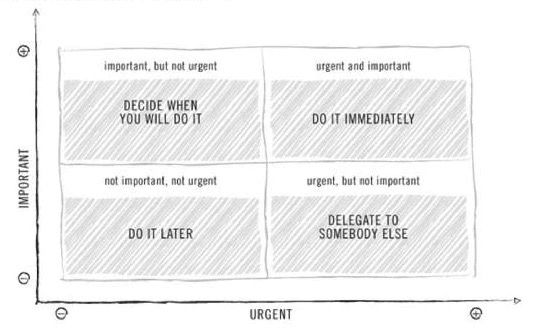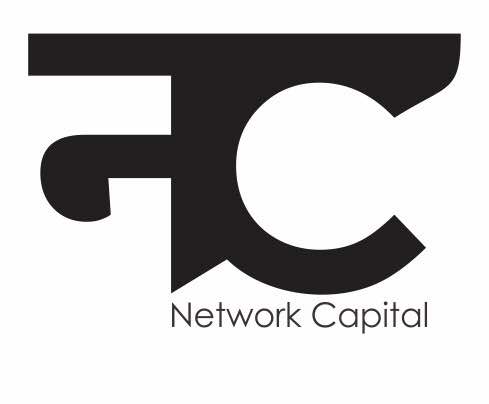Big Decision Fellowship
How to spend your energy and time while deciding something consequential
Want the sign up for the 1:1 mentorship for your big decision? Enrol here.
1
Should I take up a $200,000 loan to pursue higher studies?
2
Should I quit my job that pays well and provides financial security?
3
Should I leave my city and relocate to pursue something completely new?
4
I have been rejected every time I apply for this job. Should I try something different?
5
I am confused about what to do next? I am in my most productive years , yet I feel lost and directionless.
6
I have to move to a new country and am unsure how I will fit into the new culture. I am feeling nervous.
These are a short sample of questions our community members have been trying to figure out. These are big, consequential decisions that will shape the trajectories of their work and personal lives. Preparing to take such decisions requires clear mental models, a tribe of mentors, a high trust environment, personalized introductions and 1:1 coaching. That’s where the “Taking Big Decisions” program curated by Network Capital comes into picture.
Buffett’s 20 Slot Rule
Charlie Munger was delivering a talk to the USC Business School titled, “A Lesson on Elementary Worldly Wisdom.” Midway he discussed a strategy that Warren Buffett had used with great success throughout his career. Basically it suggests that we think of life as 20 big decisions. If we get a majority of these high stake decisions right, our life is likely to be a meaningful one. Check out what Munger says.
When Warren lectures at business schools, he says, “I could improve your ultimate financial welfare by giving you a ticket with only 20 slots in it so that you had 20 punches—representing all the investments that you got to make in a lifetime. And once you’d punched through the card, you couldn’t make any more investments at all.”
He says, “Under those rules, you’d really think carefully about what you did and you’d be forced to load up on what you’d really thought about. So you’d do so much better.”
Again, this is a concept that seems perfectly obvious to me. And to Warren it seems perfectly obvious. But this is one of the very few business classes in the U.S. where anybody will be saying so. It just isn’t the conventional wisdom.
To me, it’s obvious that the winner has to bet very selectively. It’s been obvious to me since very early in life. I don’t know why it’s not obvious to very many other people.
What does this mean?
We take hundreds of decisions on a daily basis but not all of them matter. Most of us make the mistake of dividing our time and energy equally across all tasks at hand. That means we end up spending roughly the same amount of time thinking about small decisions (like what to watch on Netflix) as we do on big, consequential decisions (like the next career move).
The Eisenhower Matrix

Dwight Eisenhower, the 34th President of the United States, famously said that the most urgent decisions are rarely the most important ones. The Eisenhower Matrix has four components:
- Important, but not urgent: We can decide when to do such tasks.
- Urgent and important: These are the tasks that require both focus and creativity. They also need to be attended to immediately.
- Urgent but not important: These should be delegated to someone else. The cost of wasting your time on such tasks is far more than the cost of outsourcing it.
- Not important and not urgent: These things should be postponed without guilt.
Why this fellowship focused on big decisions?
In this fellowship, you will learn how to allocate time and headspace to take big decisions. You will work with a series of coaches to define your goals and figure out a clear strategy to achieve them using tools like the Eisenhower Matrix. We understand that simply knowing tools and mental models isn’t enough. Applying them needs hand-holding.
We cannot tell you what to do. All we can do is to help you think things through with clarity and conviction.
Career Intelligence
Resources
Copyright © 2026-2021 Network Capital

